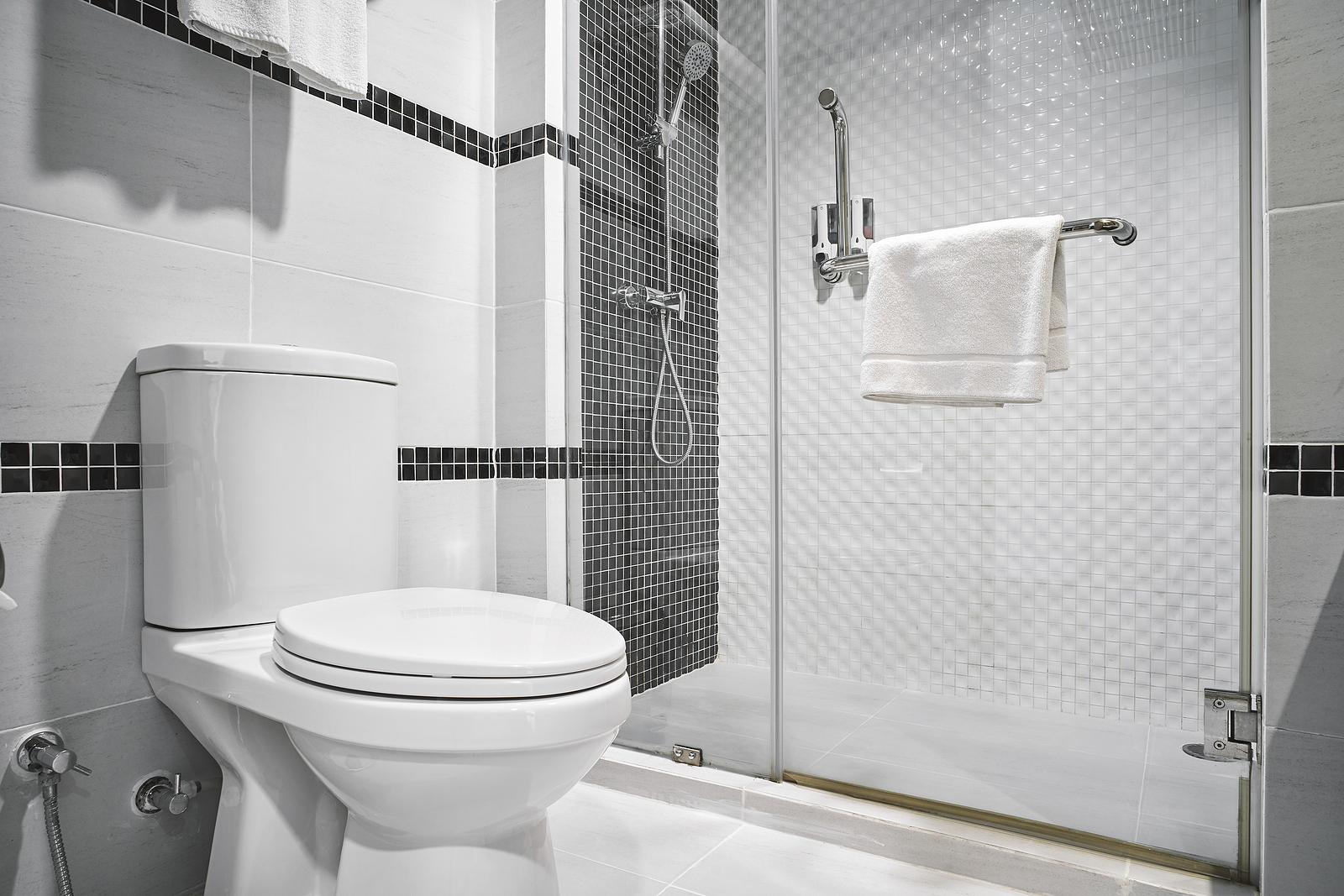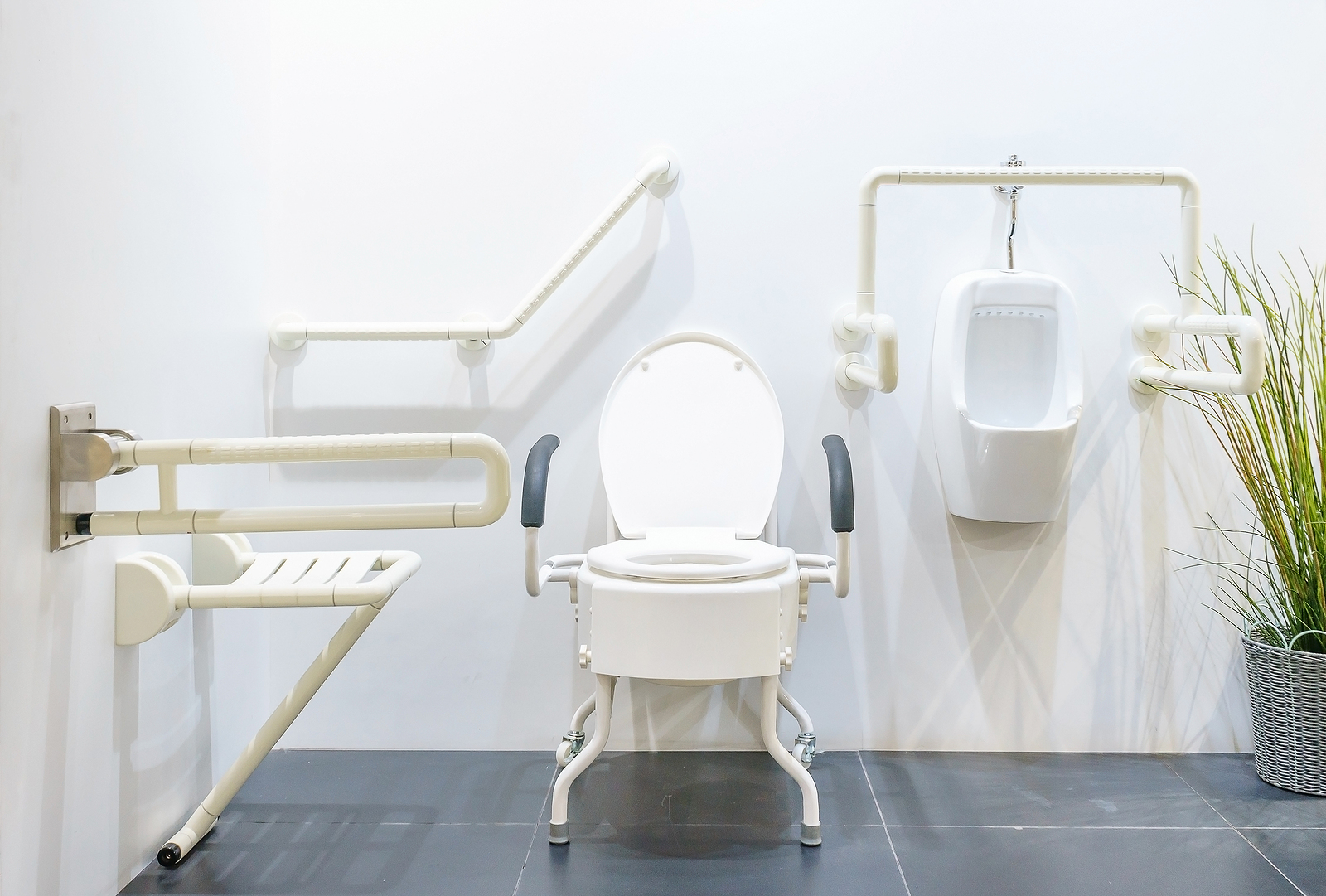

If you are responsible for purchasing items for public washrooms, even the simple and mundane items like paper towel dispensers matter. While public facilities of this kind are functional things, the importance of keeping them in a good state cannot be underestimated.
This was highlighted by an issue that runs in parallel with having good equipment, fixtures and fittings in good order, from toilet doors to sink taps. That is the issue of hygiene.
A survey by hygiene products supplier Tork has highlighted what a problem a lack of clean facilities can be, not least because it has the consequence of dissuading people from using them. If you are going to spend good money on providing facilities, you need to ensure you cover all the details, or it will be a waste of money if few want to go there.
What Is Wrong With Public Washrooms?
This reality was highlighted by the survey. Taken across 11 countries (so the spotlight is not just on the UK’s facilities), it found that maintenance and design were both major concerns that often put people off using facilities or even made it difficult to do so, especially in the case of those with disabilities.
The 1,000 Britons who took part in the poll revealed a dismal picture, with only 17 per cent of facilities being up to scratch. Often this was down to a lack of hygiene products like soap or toilet rolls, while poor maintenance and flaws in design were also a problem.
Most tellingly, 23 per cent of Britons said they were less likely to visit certain venues because of the poor state of the washrooms.
Issues For The Disabled
Olivia Slater from Essity, which makes Tork’s washroom products, said those with disabilities could be particularly badly impacted by inadequate provision in facilities.
She remarked: “While wheelchair users and those who are pregnant are especially concerned, there is also a lot of concern amongst those living with less visible conditions.”
This point adds to the overall picture of many washrooms failing users in all kinds of ways. While Tork’s main concern is with hygiene products – it provides items like soap, toilet rolls and paper towels – the maintenance of good facilities cannot be unconnected with this. Faulty, broken, or badly designed facilities can be as off-putting as unclean ones.
Why Good Paper Towel Dispensers Matter
For instance, equipping a washroom with fittings like a paper towel dispenser and making sure it stays in good order is essential. Not only is this a basic requirement if you are to ensure users have access to paper towels, but it should be robust and vandal-proof so that this remains the case.
A paper towel dispenser is also one of those simple items that needs to be fitted with consideration for users with additional needs, for example, by having it mounted at a lower level so it can be reached easily by wheelchair users.
How Usage Can Impact Decision-Making
This is worth considering when public toilets are subject to difficult decisions from cash-strapped local authorities over whether to keep them open or not.
Take, for example, the case of the 13 public washroom facilities run by West Oxfordshire District Council. The local authority has launched a public consultation on how to proceed with the management of these, with various options ranging from closing those with low usage to transferring the running of them to local parish councils.
Among its proposals is simply to ensure the more well-used facilities stay open, but close those with low usage.
This may seem logical and many local authorities might think along the same lines. However, in view of the findings of the Tork survey, could it be that many public washrooms with low usage levels are in that situation mainly because they have not been well-maintained and kept clean to start with?
Have Councils Missed An Obvious Reason For Low Usage?
Only the users of the facilities in West Oxfordshire will know how good they are or where there are shortcomings; the Tork survey did not give a breakdown of the standard of facilities across the UK, as with 1,000 Britons interviewed and well over 300 local authorities, this would be far too few to provide any definitive picture of a particular council’s facilities.
Nonetheless, it may be worthwhile for providers of public washrooms to check out whether it is indeed the case that at least some of the facilities with low usage face this situation because of issues of maintenance, hygiene and appropriateness for all users.
If you are involved in the procurement of equipment for washrooms, you could find there is a very clear link between these two things, something you may well be able to remedy, one paper towel dispenser at a time.




